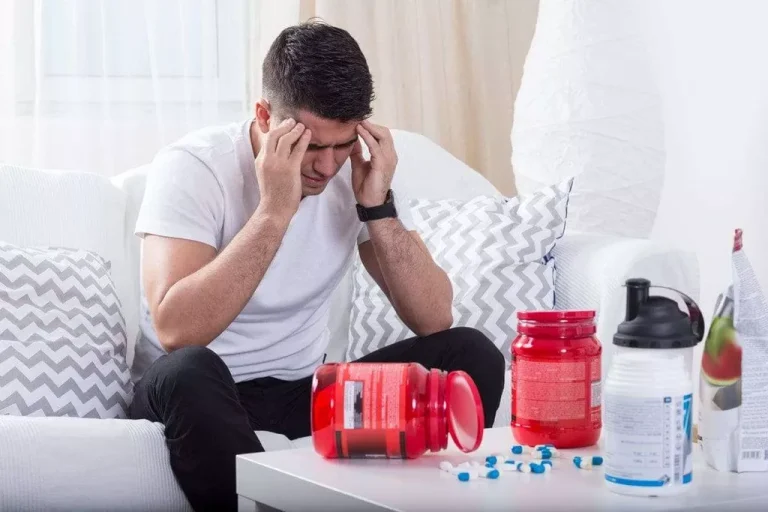Sober living house Wikipedia
Hello world!
24. Juni 2020Bookkeeper Job Description, Skills, Experience and Education
13. Jänner 2021
Sober living homes are typically located in secure, serene neighborhoods to provide a stable housing environment. These skills ensure that once you transition to independent living, you’re equipped not just to survive but thrive. Addressing these practical aspects of life reduces the stress and anxiety that can often trigger relapse.
Online Therapy Can Help
Conflicts may arise over issues such as chores, noise levels, or personal boundaries. Additionally, some individuals may struggle with co-existing with others who may have different lifestyles or personalities. Kaitlyn Motley is the Mental Health and Substance Use Services Director at the Texas Council for Community Centers. She has had experience https://ecosoberhouse.com/ in mental health and substance use policy management, oversight, and implementation. As a result, they are typically dorm-like in their living arrangements, resulting in less privacy for residents, but are frequently less expensive. Ethos Structured Sober Living is an all male community in recovery located in the heart of West Los Angeles.

A Supportive Environment
Without the structure of a daily schedule and accountability of others around you, it can be easy to fall back into old habits that are not productive for your sobriety. The staff at sober living homes are trained to help hold you accountable for your actions while living there. Going to a sober living home has proven to be an effective way for many people to reduce relapse and achieve long-term sobriety.

Common Sober Living House Rules and Regulations
Something important to note is that sober living houses are not the same as halfway houses. While they are both residences designed to support folks in maintaining sobriety and transitioning back into society, there are some key differences. Some sober living facilities provide substance-free transitional housing for only men or only women, meaning men live with men and women live with women. To minimize the risk of conflicts, many sober living homes have rules and guidelines in place to promote a positive living environment. For example, some homes may have designated quiet hours or require residents to attend house meetings to discuss issues that arise. If you think a sober living house might be the best environment for you as you prepare for your next step in your sobriety journey, ensure that the facility you are considering is properly run.
- Anyone who wants to stop drinking alcohol or using drugs should consider joining a sober living community.
- Once you have a list of potential sober living homes, it is important to visit each one in person to get a feel for the environment and to meet with staff members.
- This can help foster a sense of personal accountability in residents, encouraging them to take pride in a clean, healthy living environment.
- Sober living houses are often recommended for folks finishing up a drug rehabilitation program.Leaving the structure of a treatment program can be jarring, sometimes triggering a relapse.
- These resources can help individuals develop coping skills, manage stress and anxiety, and address any underlying mental health issues contributing to their addiction.
What Is a Sober Living House?

We encourage everyone to reinforce positive lifestyle changes through adventure, support, and peer feedback. Residents may choose to use an SLH to transition from the structured, therapeutic lifestyle of rehab to the outside world. They provide a safe, alcohol and drug-free space for residents, enabling them to feel comfortable as they re-engage with wider society. A sober living home (SLH) is a residential establishment that provides structure and a sense of community to those healing from substance use disorders. Sober transitional living spaces like sober homes can help you by limiting your access to drugs and alcohol.
Sober Living House
- They not only keep the environment safe for everyone but also teach valuable life skills that are essential in your journey towards a fulfilling, sober life.
- At Footprints to Recovery, over 70% of our patients choose to stay in sober living while receiving treatment or after completing treatment with us.
- The length of time that a person lives in a sober living facility varies based on their unique needs and progress on their recovery journey; however, the average length ranges from 6 months to several years.
- Today, sober living programs are often run by professional addiction treatment programs and are staffed by licensed clinicians rather than volunteers or religious communities.
- Sober living homes are more than just a place to stay; they’re communities aimed at fostering healing and growth.
We also include supervised, short-term housing to provide support for newly sober individuals. But no matter where you are in your recovery, Eudaimonia Sober Living Homes can provide support every step of the way. We have facilities for sober living in Austin, Houston, and Colorado Springs ready to assist you in living your sober lifestyle. Call Eudaimonia Sober Living Homes at (888) 424 – 4029 for more information on the admissions process and current room availability.
How Much Do Sober Living Homes Cost?
You will be assigned a room and will be expected to abide by the rules and expectations of the program. These rules may include attending regular meetings and counseling sessions, participating in house chores and responsibilities, and abstaining from drugs and alcohol. While a sober living house doesn’t offer individual or group counseling, it offers structure and support to help you maintain your sobriety. Additionally, maintaining your sobriety typically requires a home that is free of substances.
